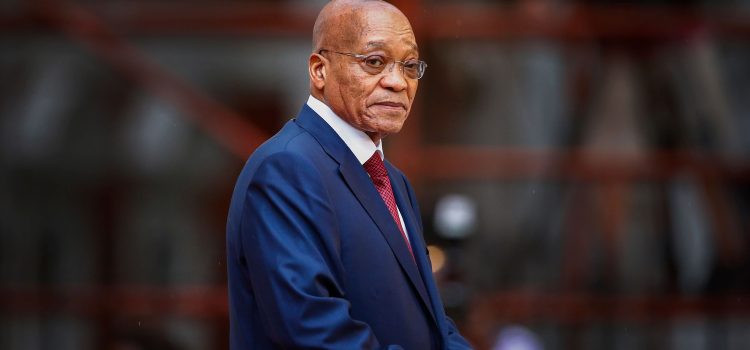
Introduction
The recent news of South Africa’s ex-president Jacob Zuma being granted a pardon through a ‘special remission’ has sparked intense debates and discussions across the nation. This decision, which comes amidst a backdrop of political turmoil and legal battles, has raised significant questions about justice, accountability, and the functioning of the country’s legal system.

Understanding the Jacob Zuma Pardon
The Jacob Zuma pardon, granted under the guise of a ‘special remission,’ has brought the spotlight back onto a figure who has been a central player in South Africa’s recent history. Jacob Zuma, the former president of the country, has been entangled in numerous legal battles, including charges of corruption, racketeering, and fraud. The decision to pardon him is seen by many as a bold move that could have far-reaching consequences.
The Controversy Surrounding the Decision
The decision to pardon Jacob Zuma has not come without its fair share of controversy. Critics argue that it sends a message of impunity and undermines the efforts to combat corruption and uphold the rule of law. The timing of the pardon, amidst ongoing legal proceedings, has further fueled suspicions of political motivations behind the move. Proponents of the pardon, on the other hand, claim that it’s a step towards national reconciliation and stability, especially considering the polarizing nature of Zuma’s legacy.
Implications for South Africa’s Legal System
The implications of the Jacob Zuma pardon on South Africa’s legal system cannot be understated. The judiciary’s independence and credibility have come under scrutiny, as the decision could be perceived as interference in ongoing legal processes. This has the potential to erode public trust in the legal system and raise concerns about whether justice can truly be served without influence. Furthermore, the Zuma pardon sets a precedent that might be used to justify leniency or pardons in other high-profile corruption cases. This could lead to a domino effect, where the pursuit of accountability takes a back seat to political expediency. The delicate balance between the executive and the judiciary is at stake, and the long-term consequences are uncertain.
Conclusion
In conclusion, the Jacob Zuma pardon, executed through a ‘special remission,’ has ignited a fierce national conversation. The decision’s implications for justice, accountability, and the credibility of South Africa’s legal system are subjects of intense debate. As the nation grapples with the aftermath of this decision, it remains to be seen whether it will lead to healing and reconciliation or deepen the divides within the society. One thing is certain: the echoes of this choice will resonate for years to come, shaping the course of South Africa’s future.










